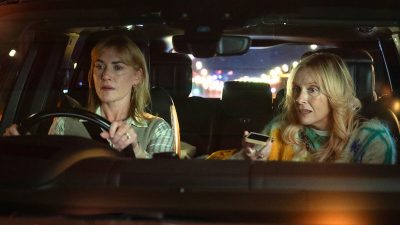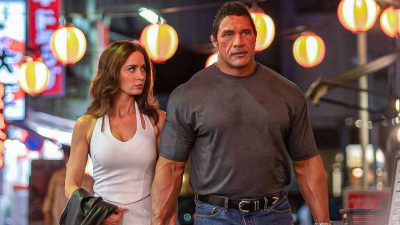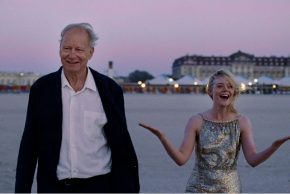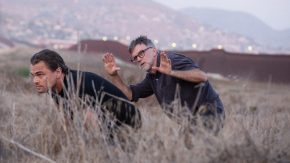Stendhal wrote about Rossini: since the death of Napoleon, he’s the man who is talked about every day, everywhere in the world, and the borders of his glory are the same as the borders of the intellectual world. That’s why the online Rossini Gala organised by Müpa on the 29th January is a true breeze of fresh air, featuring cheerful melodies by this genius of opera who wrote quickly and in a lighty way. Péter Kálmán, bass baritone who considers himself a Rossini fan, shared a few things with us about this promising night. (It is completely free to join the virtual concert hall of the Müpa on their website or Facebook site!)
What do you think is the secret behind Rossini’s popularity?
Just like many of us, I like his comic operas because they are very amusing. Even if life treats us not so nice, a duet or aria by Rossini still makes us smile. I like this easy-going, humorous music that is able to provide us an escape from the seriousness, gloominess of life.
What was the first Rossini piece you sang in? What memories do you have about it?
It was in Hungary, I was Figaro in The Barbier of Sevilla, a real baritone role. That has changed since then, now I rather get bass baritone and bass roles. That particular performance was directed by Miklós Szinetár in the Erkel Theatre, and I have several memories related to that. One of them is that during the otherwise difficult intro aria, I had to escalate from a corded attic to the stage from a scary height on a little wire-like something, which got stuck at the main rehearsal and fell over. I remember how my heart was beating fast: oh my God, I’m gonna fall down from thirty metres! This aria is very high-pitched for a baritone, and I was aware that the first aria determines the whole show, so I wanted it to be very good. I had to work very hard that that little “accident” wouldn’t ruin the whole performance for me. I loved that role very much, it was my first serious role in a Rossini opera.
What pieces will be in the programme? Is there any that you particularly like?
There are many that I like and three will feature me. One is L’italiana in Algeri. I sang Mustafa, the main role, with Cecilia Bartoli at the Salzburg Festival three years ago. It is an exceptionally funny role, one of the characters I usually play. It offers me a lot of possibilities both as an actor and a singer, and for me, playing is always more important than merely singing. I also like the stepfather’s role in Cenerentola (Cinderella) which is the equivalent of the evil stepmother character in the opera. I sang it in Seattle for the last time. I like it because it has jabbering, funny singing, comedy in it – this is my genre! We also sing from The Barber of Sevilla, a duet with István Horváth from the beginning of the second act. This is interesting, because it shows my aging and the change of my voice: I used to sing Figaro and now I sing Doctor Bartolo.
Was Rossini himself as funny and lighthearted as his works?
It’s always hard to say whether the author is identical with the traits of his or her products. Most comedians are always funny on stage but rather melancholic and lonely in their private life. I don’t know whether someone’s personality is cheerful, too, just because they write cheerful music.
You mentioned how much you have performed abroad. How do you feel about the current situation?
It’s very difficult for me, just like for everyone else. I should be in Chicago now, and I would have had a very important role: Don Pasquale at the 100th anniversary of the Salzburg Festival, once again with Cecilia Bartoli. When the pandemic started, there were only few concerts cancelled, then everything was cancelled suddenly. Last spring I hoped for the summer concerts still to be held, but then they didn’t happen, too. In September, I was supposed to sing Dulcamara in the Love Potion in Seattle, but then they cancelled it. In October, I found out that I can’t sing in The Marriage of Figaro in Chicago this February. This is a horrible situation, but streamed evenings can still compensate people a bit. But for us, the real experience is to sing for the audience, the way to connect to them and feel their reaction, which is achingly missing these days, unfortunately.
What can help the artists to overcome difficulties during the online performances?
If someone has a rehearsal, they still try to give 100%, and there are also no people there as well, so we are a bit used to that already. We have to rely on our routine on stage, there’s no other chance until the audience is banned from the concert halls. We imagine that they are there or sing to the camera, and then we feel that we receive at least something of what we intend to give.
Why do you recommend this show?
Because it is a cool and happy-go-lucky kind of music. Rossini overtures, duets and arias will make you feel better, especially if you have been missing theatre experience so much already.
Article: Anna Rácz
Translation: Zsófia Hacsek

























Comments